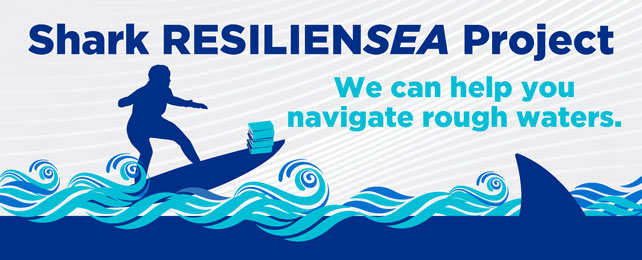
Key Areas
KEY AREAS OF RESILIENSEA
How resilient are you?
 |
Social connections provides a sense of belonging that generates feelings that show you are valued and cared for. It offers social ties to other individuals, groups, and the larger community, permitting you to be apart of a social network that can be used as an ongoing resource.
|

Self-care is anything you do to restore yourself physically, emotionally, socially, and spiritually. When you are feeling calm and nourished, you improve your self-esteem, decrease negative self-perceptions, and improve relationships.
- Physical functioning and health are associated with mental and emotional well-being
- Physical activity has been shown to benefit mental health and decrease symptoms of depression and anxiety, promote self-esteem, and long term cognitive and emotional well-being
- During times of stress, the extent to which individuals engage in health-promoting behaviors and maintain a healthy lifestyle has been found to positively impact their psychological well-being
- Self-care behaviors are negatively impacted by stress
- Maintaining healthy diet, getting sufficient sleep, and treating oneself with compassion lowers stress and promotes psychological well-being

Life skills are internal resources one develops and relies on in order to deal with the demands and challenges of life effectively.
- Refusal: The ability to say no to risky behaviors
- Assertiveness: The ability to make one’s own needs known to others
- Relaxation: Practicing mental and physical behaviors that counteract the negative effects of anxiety and nervousness
- Self-control: Training oneself to persevere through stressful events
-
Mitigate the pressure and temptation to engage in risky behaviors such as:

Cognitive styles are thought processes generated from one’s personality, values, and types of social interaction. They are in response to specific triggers and evoke both, beneficial and non-beneficial behavioral responses to life events.
- Effects of positive cognitive style transformation: transformation predicts resilience, and may reduce one's risk trajectory towards negative behaviors [link examples].
- Effects of negative cognitive styles: negative styles generate more negative life events (dependent events and interpersonal events, but not more independent or achievement-related events) than individuals with more positive cognitive styles [link examples].